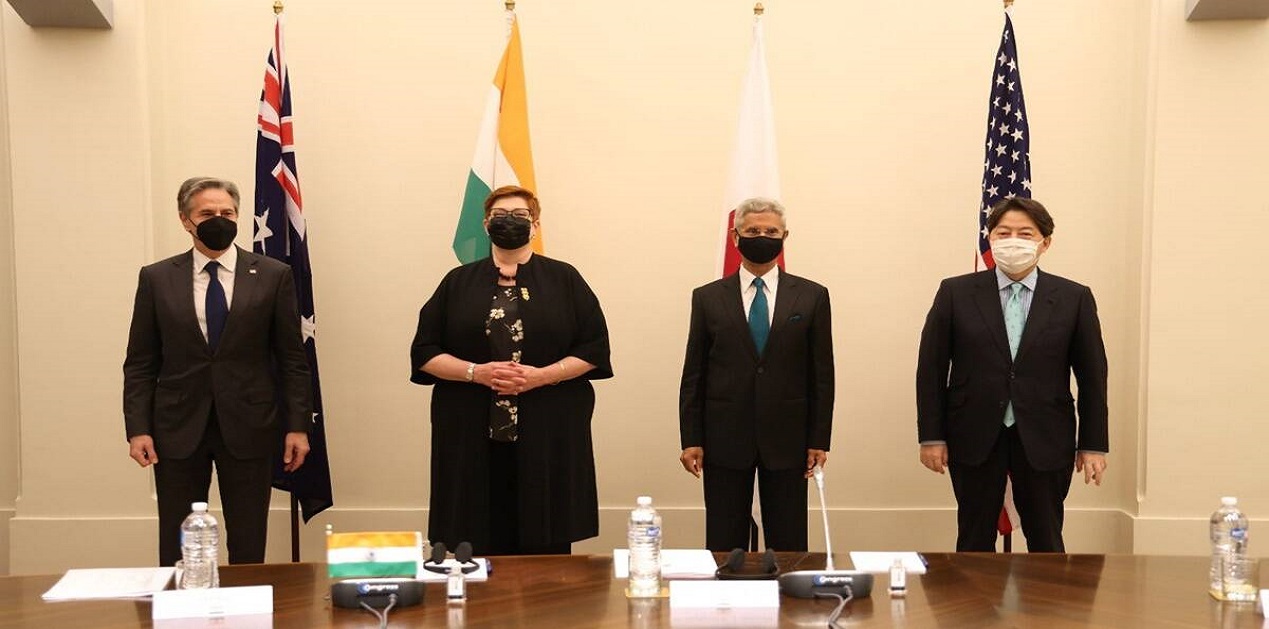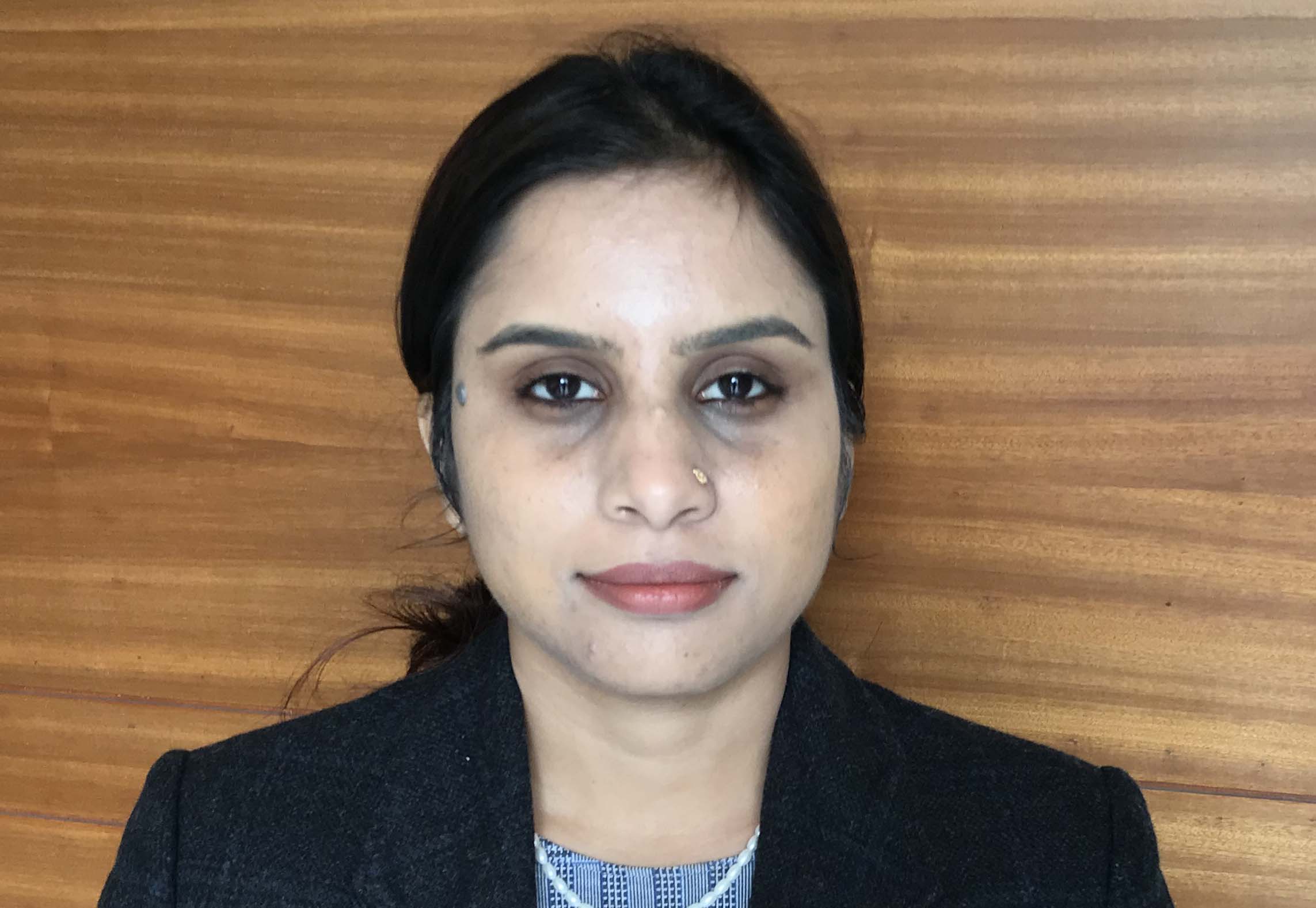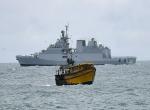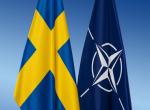The Foreign Ministers from the Quad countries met in Melbourne, Australia on 11 February 2022. The meeting was in the preparation of the Quad summit which is expected to be held in the first half of this year. In the last two years, the Quad members have been meeting regularly, this is the third meeting in the past twelve months. The grouping has also progressed to issuing joint-statements since its previous meeting. ‘The Spirit of the Quad’, was the first joint statement issued in March 2021, during the first leaders’ summit. Besides the quadrilateral meeting, the four Foreign Ministers also held bilateral meetings amongst themselves. The four minsters expressed satisfaction at the group’s progress on vaccine manufacturing and delivery, HADR, cyber security, countering misinformation and counter-terrorism.
The agenda of the Quad has remained the same, wherein it has focussed on Covid-19 vaccinations, cyber security, technology, climate change, maritime security and counter-terrorism. This time, the joint statement had a paragraph on terrorism that specifically points to Pakistan, without naming it so. It was as follows[1]:
‘We reiterate our condemnation of terrorist attacks in India, including 26/11 Mumbai and Pathankot attacks. We reaffirm UNSC Resolution 2593 (2021) that Afghan territory should not be used to threaten or attack any country, shelter or train terrorists, or plan or finance terrorist acts, with such ungoverned spaces being a direct threat to the safety and security of the Indo-Pacific.’
The Quad has been sharing information to prevent terrorism in the Indo-Pacific as well as globally. This information-sharing is occurring not only amongst the four members but also at multilateral forums, which indicates that the four countries are coordinating their strategies with respect to counter-terrorism. It also means that India’s position on counter-terrorism has quadrilateral support, and that India has been successful in bringing focus of the other three members (and the World at large) on Pakistan. The Indian diplomatic efforts had been towards turning international attention to Pakistan as the epicentre of regional terrorism.
The Quad statements have always mentioned ASEAN centrality. This statement was no exception. A couple of days prior to the Quad meeting, there was a report in the Financial Review that the Quad will work closely with other blocs to counter China’s influence[2]. There have been discussion within the strategic community on whether the Quad should expand or not; and if it does, who should be included. The most likely or recommended candidates were Vietnam, Indonesia, South Korea and France. Nevertheless, it is clear that the Quad has no plans of expansion. Anyway, it was nearly impossible that Southeast Asian nations would join the Quad. Therefore, the practical way was to increase Quad’s engagement and coordination with regional blocs such as the ASEAN and the Pacific Island Forum, to counter Chinese influence. Australia recommended Quad to open dialogue partnerships with Southeast Asia, to which the other Foreign Ministers have agreed. [3] The Quad’s engagement with other groupings will be in the format of dialogue partners or so, and not expand the core membership.
To quote Marise Payne, the Australian Foreign Minister[4],
“We are a vital network of liberal democracies committed to practical co-operation, including to support a regional recovery and to ensure all Indo-Pacific nations, large and small, are able to make their own strategic decisions, free from coercion.”
This statement can be interpreted as the most direct articulation of the Quad’s goals with respect to mitigating China’s influence in the Indo-Pacific. As usual, the Quad never mentions China directly, but its actions and goals clearly convey about tackling the elephant in the room. Over time, the grouping has recognised that the four countries are more effective in delivering practical support in the Indo-Pacific when they work collectively.[5] This points to the extent of convergence of their respective goals. To this end, the joint statement mentioned how the Quad is working towards building capacity of regional countries to be more resilient and to counter misinformation. The grouping will also coordinate to help regional countries in combating cyber-threats like ransomware attacks, and cyber-crime. The grouping would establish Track 1. 5 mechanisms amongst its experts to be part of the US’s exchange programmes in cyber security, maritime security, ‘countering disinformation and transparency in governance’.[6]
The Quad’s essence as the champion of free and open Indo-Pacific is applicable not just on the oceans, but also in the global economy. It advocates that the multi-lateral trading system should be rules based, just as how the regional order is desired to be open, inclusive and rules-based. The Quad would oppose any attempts at undermining the multilateral trading systems, and at a global level help other countries to be resilient against coercive actions.[7] This points to the phenomena where China has used its trade as a punitive tool, recently with Australia. It would also point to the general Chinese macro-economic behaviour like currency manipulation.
The joint statement mentioned about how the Quad worked to provide assistance to Tonga in the aftermath of the volcanic eruption and tsunami that occurred earlier this year. Interestingly, the statement reckons the action of the four countries during the Indian Ocean tsunami in 2004, which lends it the soft power as being a grouping with successful record at HADR, and in a way how the group becoming stronger is organic; and also, in the benefit of the region.
The leaders spoke of maritime security and the imperative of respecting the UNCLOS, strengthening maritime domain awareness and freedom of movement both on sea and air. But there was a specific mention of Quad working to enhance capacity of regional countries to protect their offshore resources. The statement is crystal clear that the Quad will work in the maritime security area by providing general and technical assistance to regional countries, and not by its direct or physical involvement. The signs of it were visible for sometime now, and as this author has previously argued, the way to do that would be through strengthening defensive capabilities of regional states. The very recent defence sales to the Philippines and the news about approval of fighter jets sale to Indonesia should be seen in this context.
On the question of Myanmar, the ball is left in ASEAN’s court. The Quad leaders expressed support to ASEAN’s position on this issue. India has maintained its differential position on Myanmar; hence it does not favour sanctions. [8] Foreign Minister S. Jaishankar communicated that India’s position on Ukraine is different from the other three Quad members. It hinted that Indian position on Ukraine should be inconsequential from Quad perspective since Ukraine is not part of the Indo-Pacific, whereas the Quad converges in the Indo-Pacific.[9]
The Quad’s focus in the foreseeable future will be on consolidating and deepening the agenda[10]. The Quad’s actions have been termed as ‘charm offensive’, and how the grouping has chosen to focus on a few areas and deliver, rather than expand and run the risk of poor execution.[11]
Endnotes :
[1]Joint statement by the Foreign Ministers of Australia, India and Japan and the Secretary of State of the United States following the 4th Quad Foreign Ministers’ Meeting. MEA, 11 February 2022. https://www.mea.gov.in/bilateral-documents.htm?dtl/34854/Joint_statement_by_the_Foreign_Ministers_of_Australia_India_and_Japan_and_the_Secretary_of_State_of_the_United_States_following_the_4th_Quad_Foreign_M [Accessed 12 February 2022]
[2]Tillette, Andrew, ‘Quad to build ties with other blocs to counter Chinese influence’, Financial Review, 8 February 2022. https://www.afr.com/politics/federal/quad-to-build-ties-with-other-blocs-to-counter-chinese-influence-20220207-p59ubs [Accessed 9 February 2022]
[3]Galloway, Anthony and Juanola, Marta Pascual, ‘Quad eyes expansion as it faces off against China and Russia’, The Sydney Morning Herald, 11 February 2022. https://www.smh.com.au/politics/federal/quad-eyes-expansion-as-it-faces-off-against-china-and-russia-20220211-p59vol.html [Accessed 12 February 2022]
[4]Ibid.
[5]Op.cit. MEA.
[6]Op. cit. MEA.
[7]Op.cit., MEA.
[8]Choudhury, Dipanjan Roy, India takes different line on Myanmar, Ukraine, Economic Times, 12 February 2022 https://economictimes.indiatimes.com/news/india/india-takes-different-line-on-myanmar-ukraine/articleshow/89516125.cms?utm_source=contentofinterest&utm_medium=text&utm_campaign=cppst [Accessed 13 February 2022]
[9]Ibid.
[10]Gupta, Shishir, ‘Quad to be operationalised in Melbourne. No scope for expansion now’, Hindustan Times, 9 February 2022. https://www.hindustantimes.com/india-news/quad-to-be-operationalised-at-canberra-ministerial-no-scope-for-expansion-now-101644383816640.html?utm_source=twitter [Accessed 12 February 2022]
[11]Channer, Hayley, ‘Promise less, deliver more: Quad’s best answer to China’ The Sydney Morning Herald, 11 February 2022. https://amp-smh-com-au.cdn.ampproject.org/c/s/amp.smh.com.au/national/promise-less-deliver-more-quad-s-best-answer-to-china-20220209-p59v30.html [Accessed 12 February 2022]
(The paper is the author’s individual scholastic articulation. The author certifies that the article/paper is original in content, unpublished and it has not been submitted for publication/web upload elsewhere, and that the facts and figures quoted are duly referenced, as needed, and are believed to be correct). (The paper does not necessarily represent the organisational stance... More >>
Image Source: https://images.indianexpress.com/2022/02/quad-meet.jpg











Post new comment